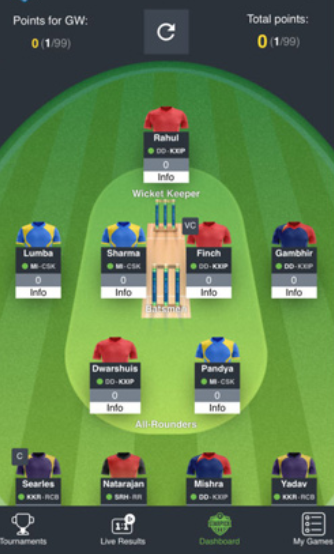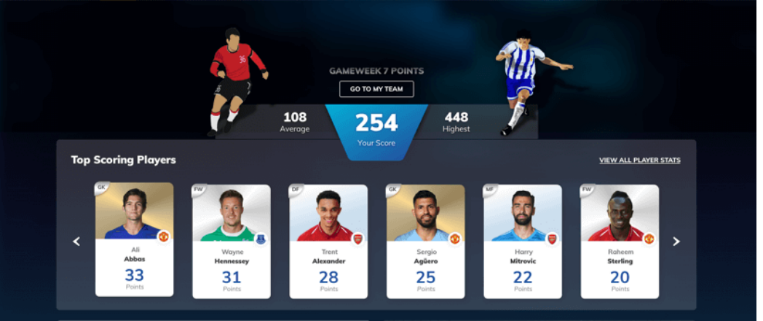 Any entity operating a fantasy sports platform would wish to display names of players and teams, for ease of identification and to make the platform as realistic as possible. Player or team names, however, where they act as source identifiers, would fall within the definition of a trademark, and their proprietors could enforce their rights against third parties, including operators of fantasy leagues. The use of such names by the fantasy leagues could therefore give rise to claims under trademark laws. While, Indian Courts haven’t yet had the opportunity to deal with this aspect, the authors of this piece discuss possible defenses that the fantasy league operators may attempt to rely upon, if such proceedings were to be initiated.
Any entity operating a fantasy sports platform would wish to display names of players and teams, for ease of identification and to make the platform as realistic as possible. Player or team names, however, where they act as source identifiers, would fall within the definition of a trademark, and their proprietors could enforce their rights against third parties, including operators of fantasy leagues. The use of such names by the fantasy leagues could therefore give rise to claims under trademark laws. While, Indian Courts haven’t yet had the opportunity to deal with this aspect, the authors of this piece discuss possible defenses that the fantasy league operators may attempt to rely upon, if such proceedings were to be initiated.
In case of trademark infringement and/or passing off actions being initiated, the operator of the fantasy sport platform could raise the defence that such use is a nominative fair use of the mark, protected under Sections 30(1) of the (Indian) Trade Marks Act, 1999 (“TM Act”), which provide that:
“Section 30. Limits on effect of registered trade mark.
30(1) – “Nothing in Section 29 shall be construed as preventing the use of a registered trademark by any person for the purposes of identifying goods or services as those of the proprietor provided the use —
(b) is not such as to take unfair advantage of or be detrimental to the distinctive character or repute of the trademark.”
The Madras High Court in Consim Info Pvt. Ltd v Google India Pvt. Ltd. [1]2011 (45) PTC 575 (Mad)laid down the following requirements to establish fair use of a trademark:
- The product or service in question must be one not readily identifiable without use of the trademark;
- Only so much of the mark may be used as is reasonably necessary to identify the product or service; and
- The user must do nothing that would, in conjunction with the mark, suggest endorsement by the trademark holder.
Additionally, operators of fantasy leagues could also contend that use of the said names are not in the ‘course of trade’ and thus use thereof does not amount to infringement of trademark or passing off.

Further, where an infringement case is based on Section 29(4) of the TM Act, the league operator could also contend that there is “due cause” for use of the player’s / team’s name, since they are being used to factually communicate that a player is part of a particular team. In support, reference can be made to the judgment of the Delhi High Court in Tata Sons Limited v Greenpeace International & Anr. [2]2011 (45) PTC 275 (Del)wherein Greenpeace International’s use of the ‘TATA’ logo, in a game called ‘Turtle v. TATA’ to draw attention towards alleged destruction of the ‘Olive Ridley turtles’ nesting habitat by the construction of a port by Tata, was held to be ‘nominative fair use’. The Court stated that “If the user’s intention is to focus on some activity of the trademark owners, and is “denominative”, drawing attention of the reader or viewer to the activity, such use can prima facie constitute “due cause” under Section 29 (4), which would disentitle the plaintiff to a temporary injunction, as in this case. The use of TATA, and the `T‟ device or logo, is clearly denominative.”
It is to be seen whether a fantasy league operator would be able to successfully rely on the above defences before an Indian Court, when sued for trademark infringement or passing off. The exact manner of use the names of players or teams by the fantasy league operator, would also have a bearing on whether any of the defences are available in a particular case or not.
_____________________________
To make sure you do not miss out on regular updates from the Kluwer Trademark Blog, please subscribe here.

References

